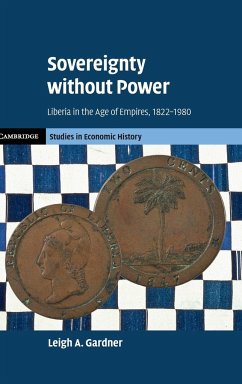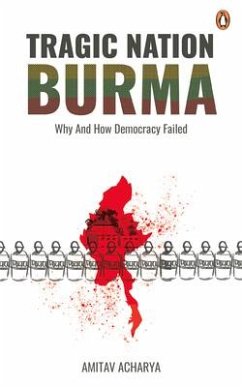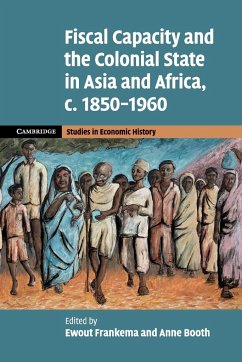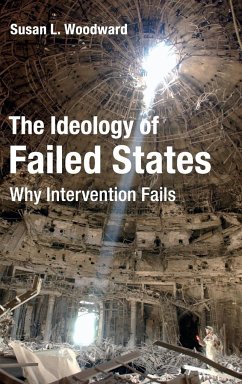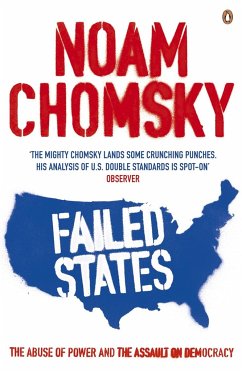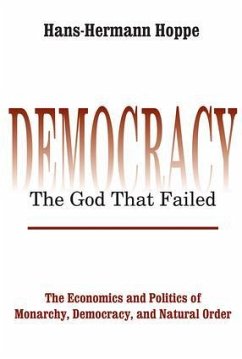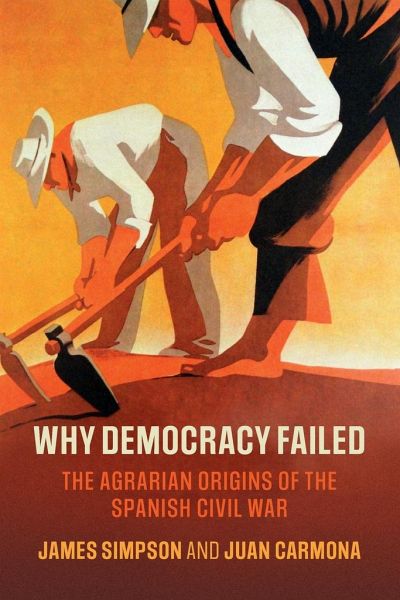
Why Democracy Failed
Versandkostenfrei!
Versandfertig in 1-2 Wochen
35,99 €
inkl. MwSt.

PAYBACK Punkte
18 °P sammeln!
This distinctive new history of the origins of the Spanish Civil War tackles the highly-debated issue of why it was that Spain's democratic Second Republic failed. James Simpson and Juan Carmona explore the interconnections between economic growth, state capacity, rural social mobility and the creation of mass competitive political parties.





